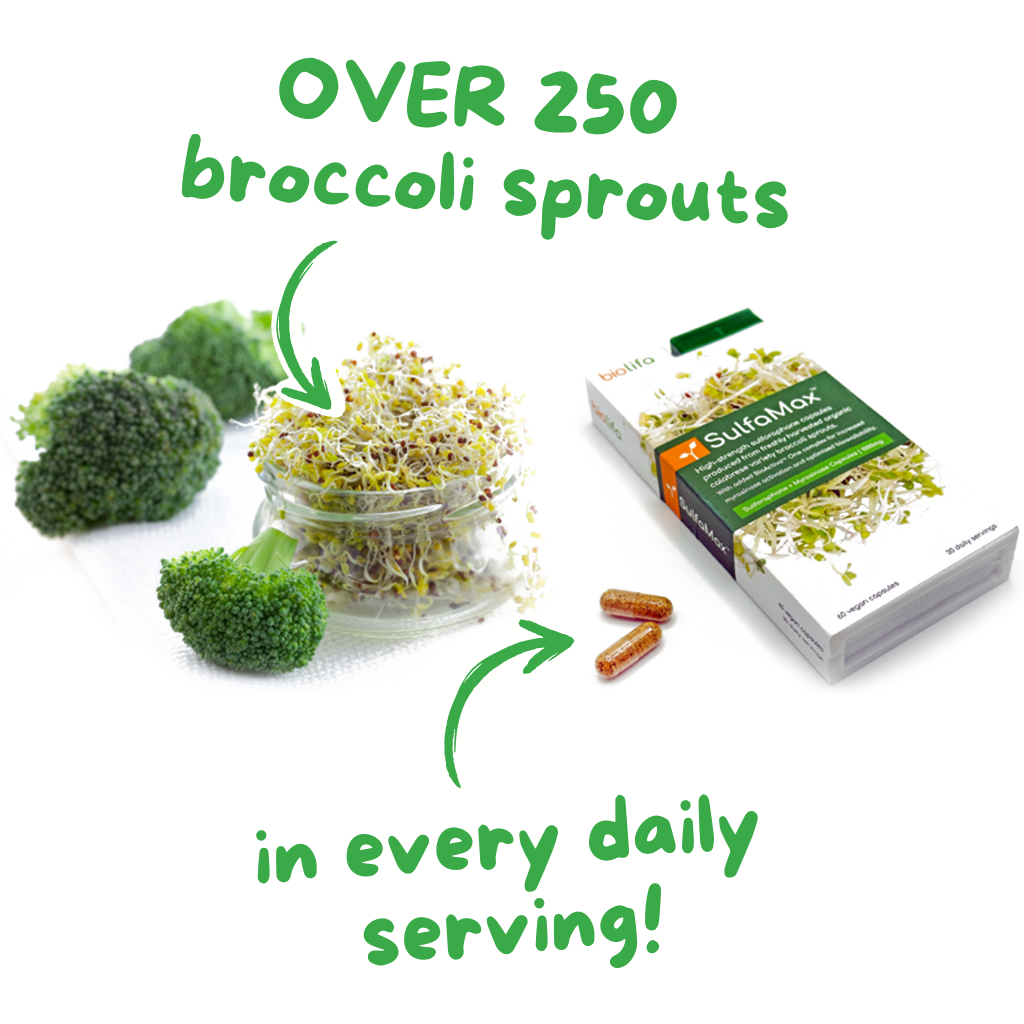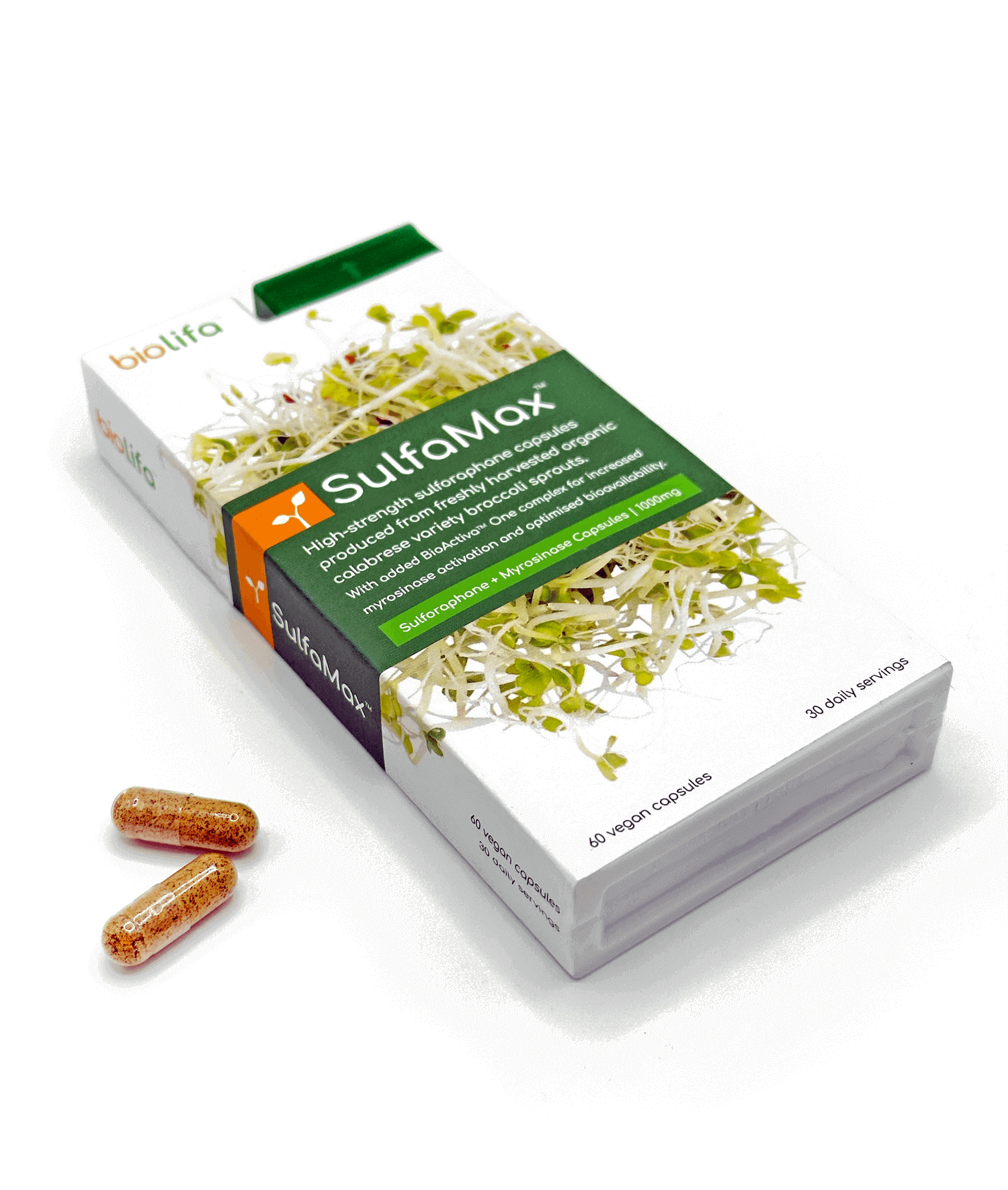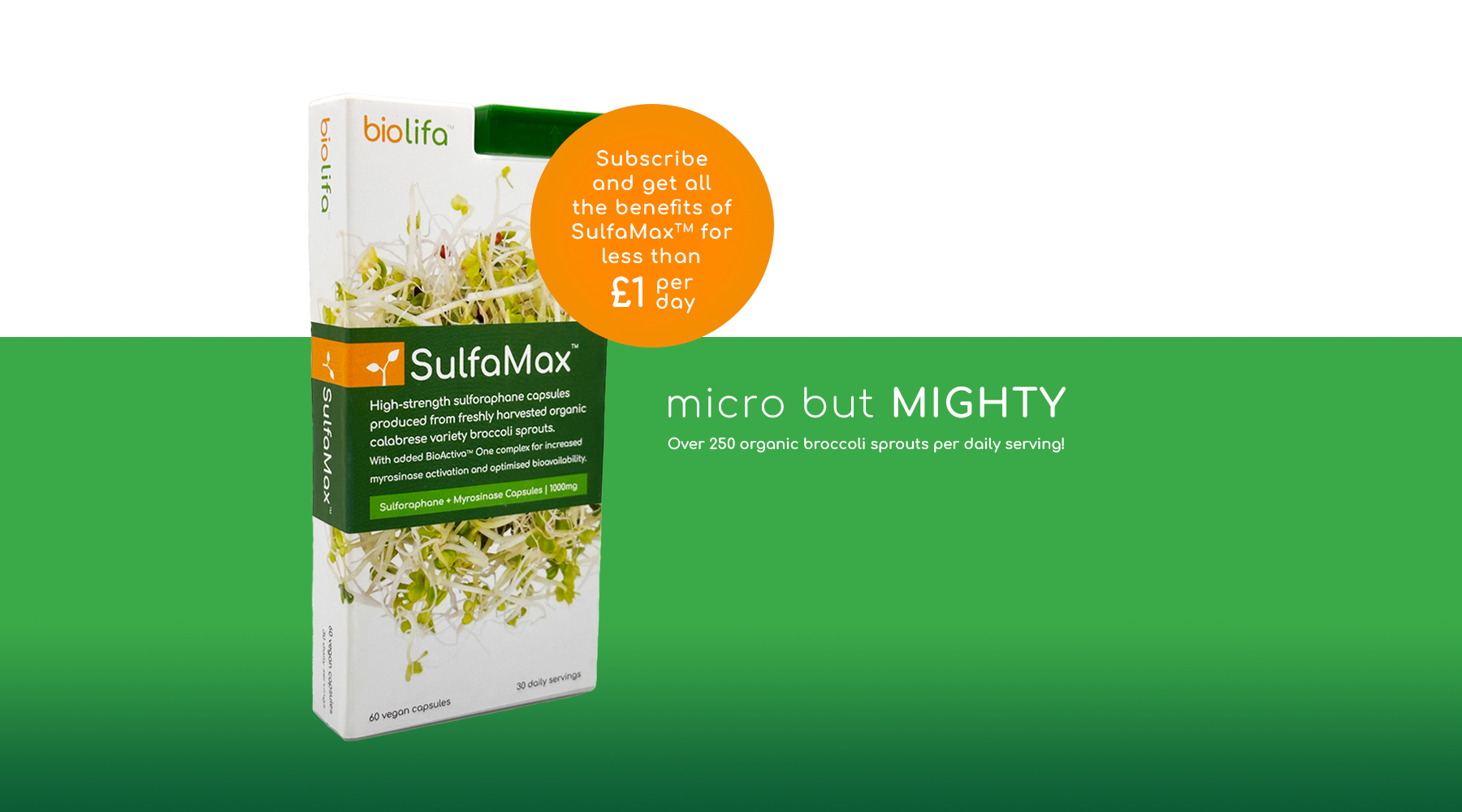Living with ADHD can be challenging. The constant struggle to stay focused, the difficulty in managing impulsivity, and the frustration of feeling overwhelmed can take a toll on both individuals and their loved ones. While there are various treatment options available, many people are seeking natural alternatives to complement traditional approaches. One such alternative is sulforaphane, a powerful compound found in certain vegetables that has shown promising results in managing ADHD symptoms.
What is Sulforaphane?
Sulforaphane is a natural compound that belongs to a group of chemicals called isothiocyanates. It is most commonly found in cruciferous vegetables such as broccoli, Brussels sprouts, and cabbage. This potent compound is known for its numerous health benefits, including its potential to support brain health and improve cognitive function.
How Does Sulforaphane Help with ADHD?
Research has shown that sulforaphane has neuroprotective properties and can help regulate certain neurotransmitters in the brain, such as dopamine and glutamate, which play a crucial role in ADHD. By modulating these neurotransmitters, sulforaphane may help improve attention, reduce impulsivity, and enhance cognitive function.
Scientific Evidence
Several studies have explored the effects of sulforaphane on ADHD symptoms, and the results are promising. A randomized controlled trial conducted at the Massachusetts General Hospital found that sulforaphane supplementation significantly reduced hyperactivity and improved social interaction in individuals with moderate to severe ADHD. Another study published in the Journal of Child Psychology and Psychiatry reported that sulforaphane improved attention and reduced irritability in children with autism spectrum disorder, many of whom also had ADHD symptoms.
How to Incorporate Sulforaphane into Your Diet
Adding sulforaphane-rich vegetables to your diet is a simple and delicious way to reap the benefits of this natural compound. Here are some tips to help you incorporate more sulforaphane into your meals:
1. Include cruciferous vegetables in your daily meals: Add broccoli, Brussels sprouts, cauliflower, kale, or cabbage to your salads, stir-fries, or roasted vegetable medleys.
2. Try new recipes: Explore different cooking methods and recipes to make your meals more exciting. Roasting or steaming vegetables can help retain their sulforaphane content.
3. Consider supplements: If you want a quick, hassle free way to get broccoli sprouts into your diet on a daily basis - try our SulfaMax sulforaphane supplement which contains over 250 organically grown broccoli sprouts in each two capsule serving.
Conclusion
Sulforaphane offers a natural and promising solution for individuals with ADHD. By incorporating sulforaphane-rich vegetables into your diet, you can potentially improve attention, reduce impulsivity, and enhance cognitive function. Remember, it's essential to consult with a healthcare professional to determine the best approach for your specific needs. Embrace the power of sulforaphane and take a step towards managing ADHD symptoms naturally!







